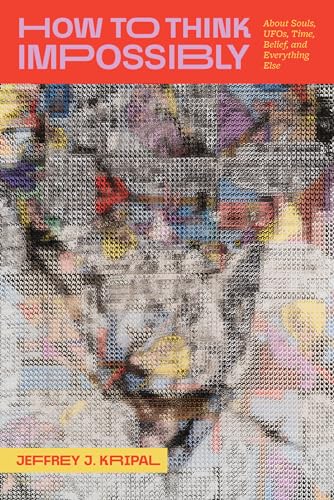What do you think?
Rate this book


312 pages, Hardcover
First published July 26, 2024

"...I mean it. Consider precognitive phenomena. I have long thought of these as the most well-documented and philosophically important of all impossible events. As such, they carry immense potential for influencing everything intellectuals and scientists do. If taken as real (by which I simply mean, “they happen”), such experiences and events (and they are both) would transform the entire order of knowledge upon which our present culture depends, the sciences included. For a start, they could tell us something stunning about the practice of history (time goes both ways), the history of religions (divination is globally distributed because it is based on an actual, if unreliable, human ability), the philosophy of mind (consciousness and cognition are not stuck in the present skull cavity or in this temporal slice of a body), and even something as abstract as causality itself (agency can act from the future). If we want to begin to learn how to think impossibly, precognitive phenomena are going to be a key to any such new order of knowledge."
"Impossible things certainly happen in numerous cultural zones and through specific ritual practices on a fairly routine basis. This is why a comparative practice is so necessary, so liberating and healing, but also so devastating to our local assumptions. Trained intellectuals who experience the impossible are commonly shocked and often see and say more or less the same thing: “It is not what we thought.”13
That is the very first lesson of thinking impossibly: recognizing that the impossible is a function not of reality but of our own present social constructions and subsequent perceptions and cognitions. That is also the humanist’s secret taken to its furthest point until it bends back on itself and consumes its own historical perspective. That is the deconstruction of deconstruction. That is the snake biting its own tail."